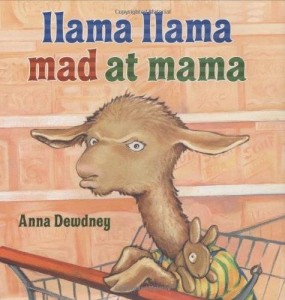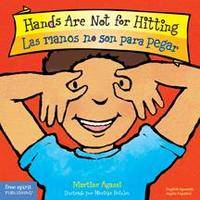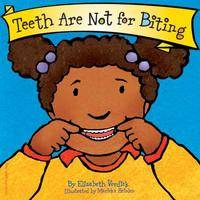Key points:
1. Tantrums are common in toddlers aged 1 to 3 as they can’t express feelings through words yet.
2. Stay calm and set a good example when dealing with tantrums.
3. Understand the cause of the tantrum and respond accordingly.
4. Use distraction, help identify feelings, and consider timeouts as strategies for managing tantrums.
It’s quite common for toddlers to throw tantrums –we can all agree on that! From kicking and screaming to breath-holding, these outbursts of anger are common from ages 1 to 3 and equally common among girls and boys. Keep reading to learn techniques for dealing with tantrums.
What we need to understand is that they are a way for children to express their feelings and frustration, since they are not able to communicate with words yet! The most important thing is that you, the adult, set a good example when dealing with tantrums and remain calm during those stressful moments.
Along with tantrums, come other aggressive behaviors like biting, scratching, or hitting. They are all ways for toddlers to get attention or express their strong emotions like anger, fear, and frustration. Lacking the language skills needed to deal with them, they resort to those behaviors as a way of saying “Pay attention to me!” or “I don’t like that!”.
Tips for dealing with tantrums
Here are a few things you can do to manage your child’s frustration. But remember, the situation will determine which advice below is the best one for that moment!
- Keep your cool – The tantrum will escalate if your frustration sets in. Take deep breaths and think clearly.
- Set the example – Have enough self-control for both of you, your child relies on your example. Using force and physical punishment doesn’t help.
- Be comprehensive – Try to understand where your child is coming from. Tantrums should be dealt with differently depending on the cause.
- Redirect attention – Distraction works wonders because of toddlers’ short attention span, so change the focus to something more positive!
- Help identifying feelings – Try to help your child to express their feelings and naming how they feel. But be clear about limits.
- Ignore attention-seeking – An easy way for children to seek their parent’s attention is to misbehave, so if you ignore this (but keep your child within sight) you’ll avoid reinforcing the notion that biting or hitting gets your attention.
- Consider timeouts – If you need it, you can use timeouts as a form of discipline. If your toddler has been hitting, you can take them to a specific timeout area for a minute or two to calm down.
- Keep it simple – Avoid lengthy explanations for now and keep it simple and easy with a firm “no biting” or “hitting hurts!”.
Books for coping with tantrums and anger
Books can be very useful to help your child identify and understand different feelings, like anger and frustration. Through the distinctive situations the characters go through and their colorful images, parents can teach children how to deal with difficult emotions and circumstances. Reading a good children’s book that was specially designed to tackle a specific subject, and then talking about it with your toddler will certainly help them begin to distinguish between different emotions.
There are a lot of great books that deal with feelings of anger and frustration. Here are two I highly recommend!
 Llama Llama Mad at Mama by Anna Dewdney tells the classic story of a child that does not enjoy going shopping and, before you know it, they’re having a full-on tantrum! Find out how Mama calms them down and finds a way to make shopping fun for both of them.
Llama Llama Mad at Mama by Anna Dewdney tells the classic story of a child that does not enjoy going shopping and, before you know it, they’re having a full-on tantrum! Find out how Mama calms them down and finds a way to make shopping fun for both of them.

 Hands are not for hitting by Martine Agassi and Teeth are not for biting by Elizabeth Verdick are part of a behavior series of books that give reasons why children might want to hit or bite, but ultimately suggest positive things that they could do instead. These colorful books also include helpful tips for parents!
Hands are not for hitting by Martine Agassi and Teeth are not for biting by Elizabeth Verdick are part of a behavior series of books that give reasons why children might want to hit or bite, but ultimately suggest positive things that they could do instead. These colorful books also include helpful tips for parents!








